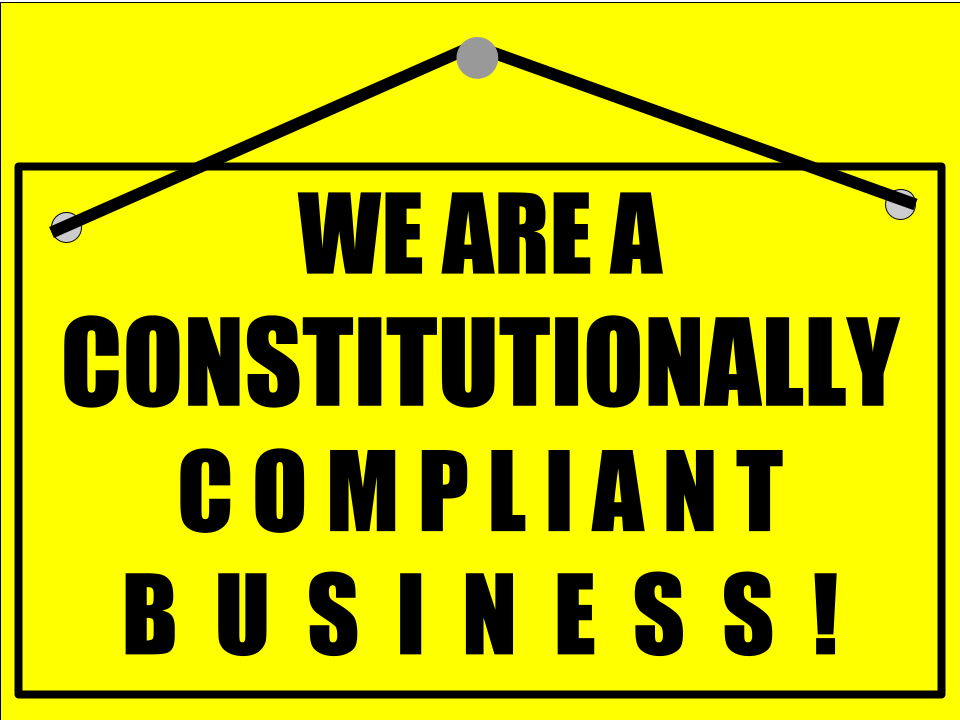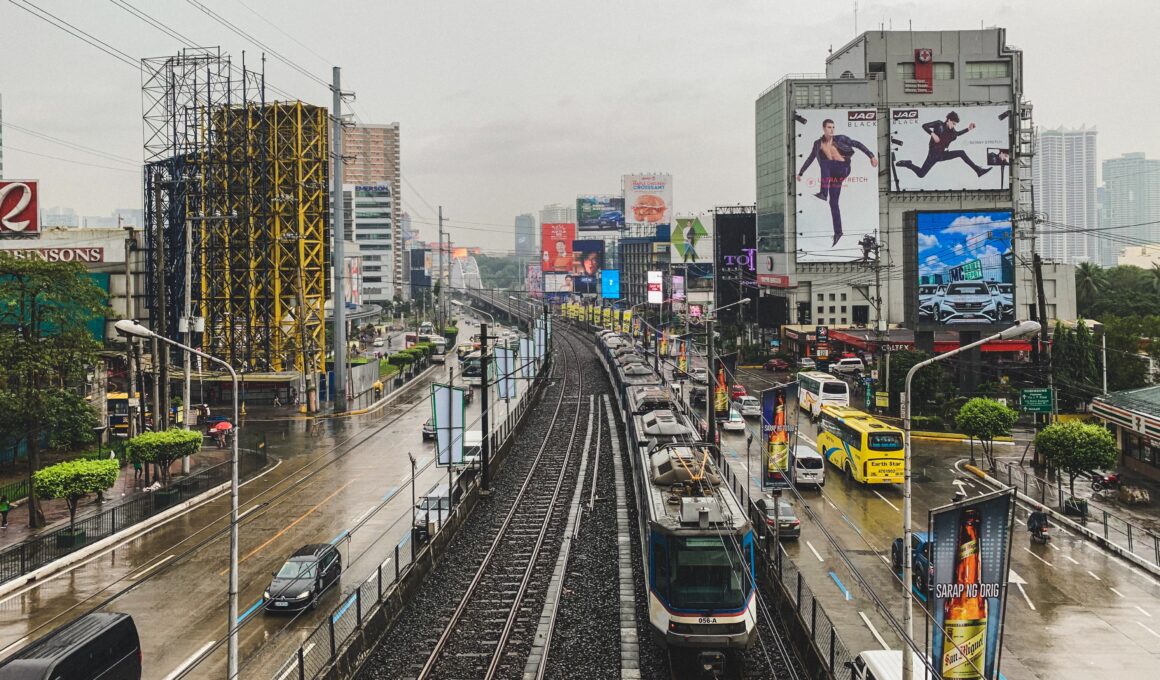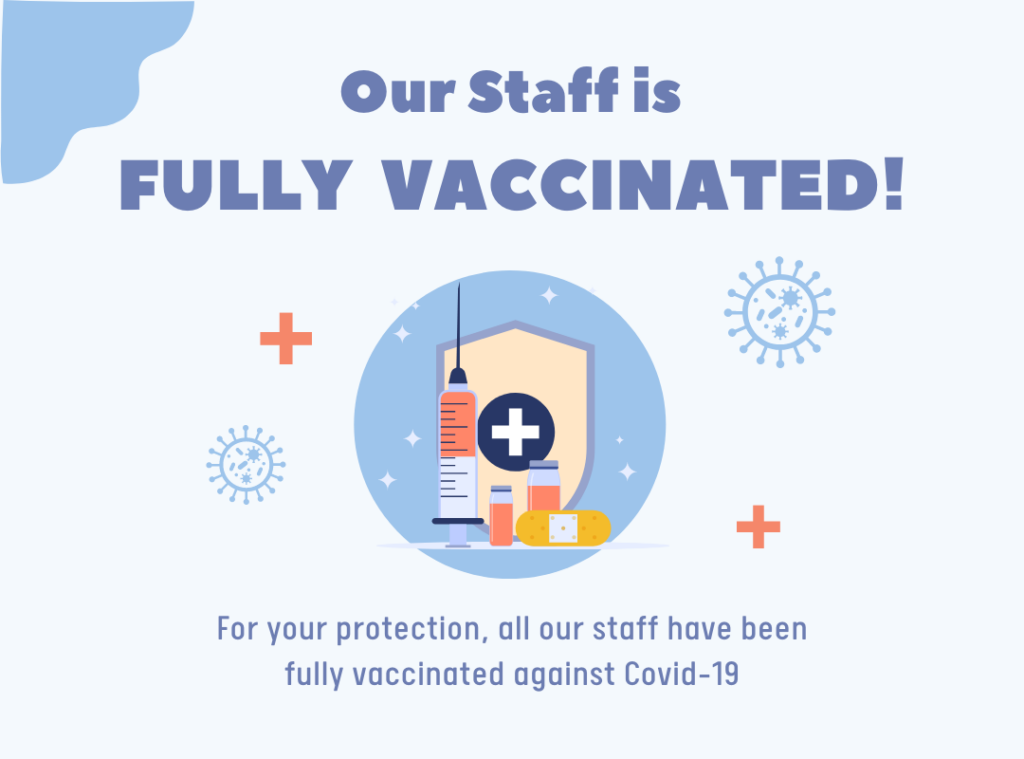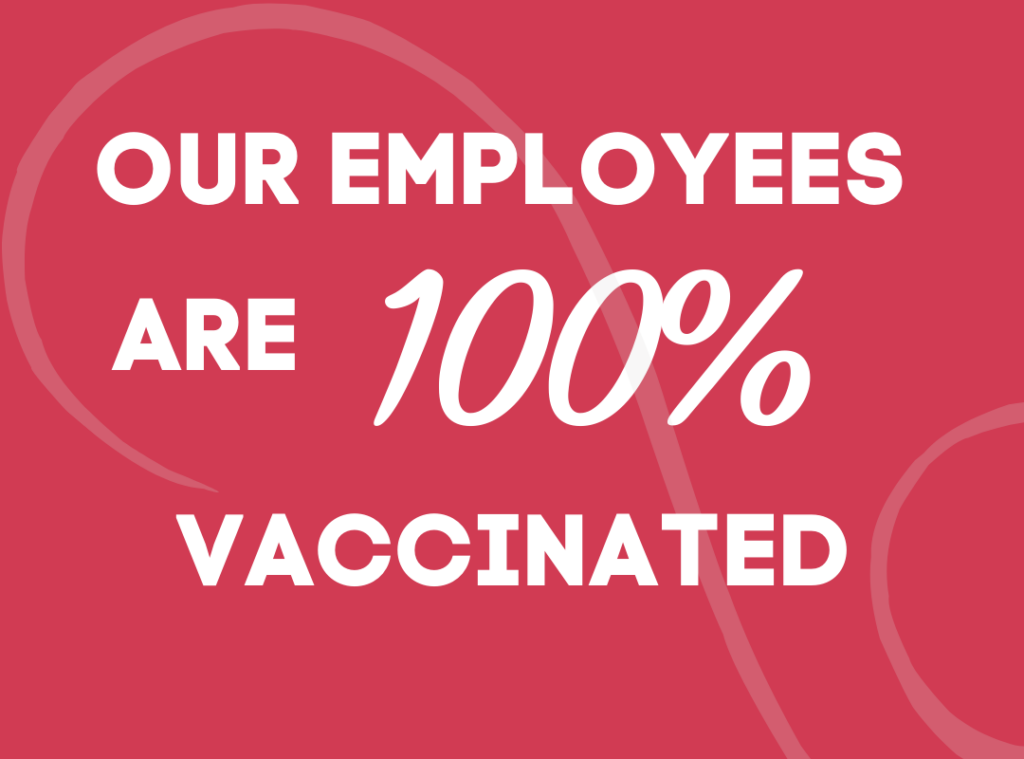Implementing vaccine passports – in a society that still struggles to digitalize – is costly, inefficient, and detrimental to economic health. We already know it is illegal and unethical, a breach of our constitutional and human rights . On top of it all, it does not benefit anyone.
We know that the evidence does not support the locking down of the unvaccinated, nor warrant the medical apartheid we are currently falling into. The claim that the unvaccinated are more likely to contract the virus and infect others has been disproven over and over again in the course of the last few months; this information may be obscured or even censored, which is another topic to discuss.
So, what will it take to implement vaccine passports?
- Checking for documents (Papers, Please.)
- Scrutinize and make sure these documents are legit
- Incriminating oneself by doing the above
Let me share my experience as a tenant in one of the biggest establishments in Asia
When the Delta wave began to flatten, food court managers began asking me and my supervisor if our staff are all vaccinated. They made no explanation as to why they were asking, but everyone already knew what this implied. They were polite in their query and grateful for our replies – mine was a defeated “Yes.” – because my staff in those particular stores had already received their shots. Our supervisor, who is amazing at forecasting market trends, started insisting months earlier that they take the vaccine as soon as it was available. In hindsight, I should have put my foot down, as this was a form of coercion.
The rest of my staff in other stores scrambled to line up to get inoculated, fearing they would lose their jobs if they didn’t. I even helped them to register where there were slots, but I did so with a heavy and conflicted heart – knowing many of them did not want it, if it were up to them. You see, it isn’t up to them anymore, not when there is an aggressive push to be vaccinated or suffer the consequences of exclusion from society, on top of potential job loss. By this premise, getting vaccinated is in no way a “choice”. Does anyone choose to starve?
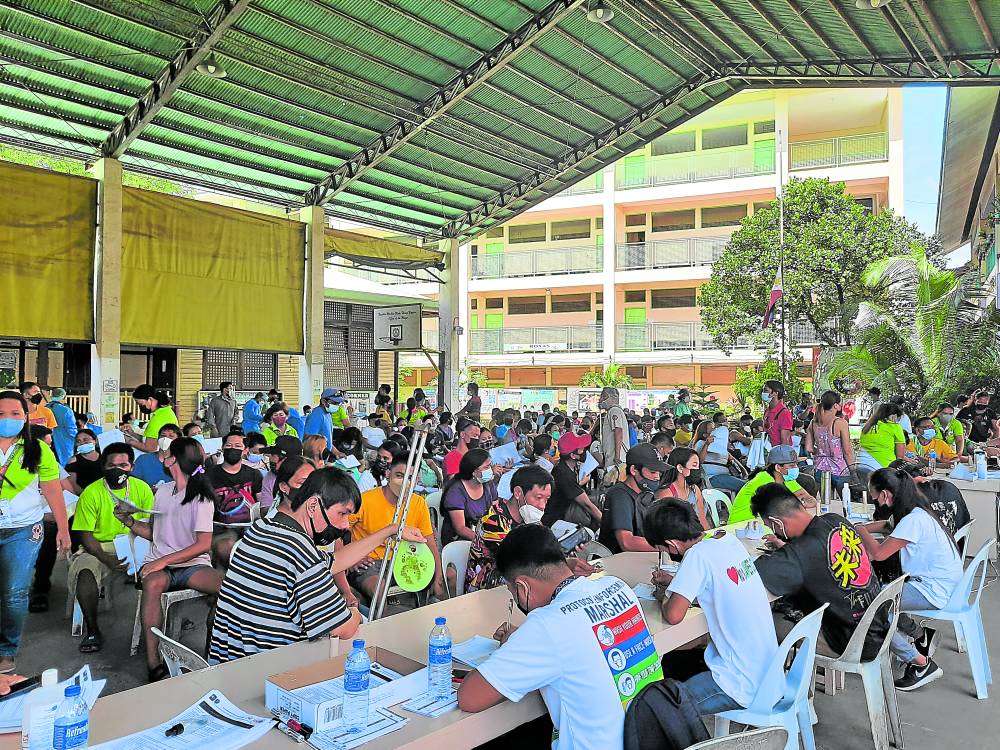
Eventually all my staff got their shots and all were back on their feet after a few days. I was relieved. (For the record, they are all still okay today – aside from the breakthrough infections from the Omicron wave, which has put half of them to bedrest.) Shortly after the inquisitive message from the food court managers, the IATF released the guidelines for segregation of the vaccinated and unvaccinated. Dining-in was now only a privilege for the vaccinated, justified by a misguided notion that it would help stop the spread. A trickle-down effect from the IATF, to the establishments’ executives, to the foodcourt managers, and down to my staff. They were now meant to be policing our own paying customers.
Signages were put up in the premises and on our storefronts, incentives were given to those “fully-vaccinated”. The term rang in the air like a badge of honour and freedom. “Our employees are 100% Fully vaccinated” or “For your safety, all our staff have been fully-vaccinated from Covid-19”. Discounts and freebies were given to customers who could show a vaccine card, and the retail industry suddenly had incentivised vaccination. This gave a false sense of protection and safety; but it also gave a perception of progress, community, and commerce. It was seen as a way to go back to normal.
There is nothing normal about coercion, constant confusion, and blind compliance. Moreso, there is nothing more costly than burdening businesses to enforce policies outside of their scope. When my staff are tasked to ask for vaccine cards from our paying customers, they are forced to practice discrimination, to be complicit in the disregard of human rights.
Once the segregation program started and business picked up again, we were all delighted to see the our customers coming back. When my staff asked the mall personnel how we should go about checking for vaccine cards, they basically told them to turn a blind eye. With unsure murmurs and subtle head-shaking, they implied the rule of Don’t ask, don’t tell. Well, if this isn’t a sign that tells us that our response to the pandemic is flawed, then perhaps we are turning a blind eye to the feasibility – or lack thereof – of enforcing such a difficult, confusing, and unchecked system.
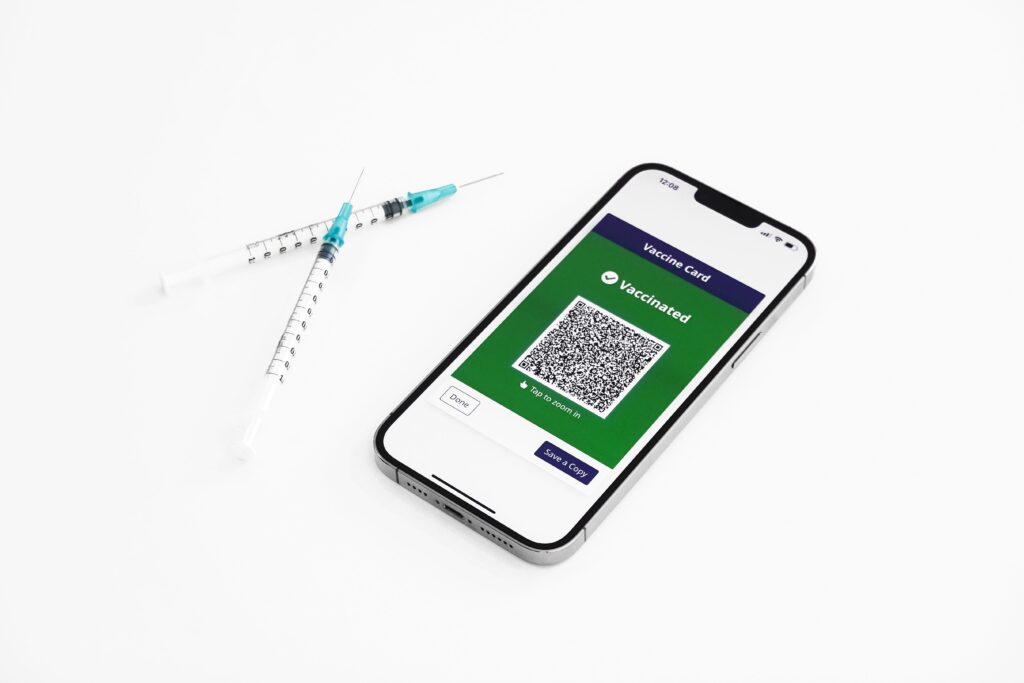
Another tenant from Mindanao shares their experience as a business owner whose operations have been hindered by these mandates. Some of their staff are vax-free for medical and religious reasons. One has had one dose and decided to stop at that. Months earlier, the mall did an email blast asking if the crew was vaccinated, and if not, why? The business owner has a firm stand on choice, and their staff knew that they are legally all within their right to refuse this experimental medical intervention. The mall requested to swap the unvaccinated crew to another branch, and replace them with a vaccinated crew. However, this tenant only has one branch for this business and they are now dealt with a potentially expensive problem. The service crew went through their options – fake vaccine cards, stealth swapping of duty, or resignation. They decided that none of these options is the solution; yet none of them considered the inoculation as the option, even if it is the “easy way out.” But they are now faced with the possibility of closing shop until these restrictions are lifted. It is a dilemma businesses face today – loss of revenue or liability? Should anything happen to one’s employees, the guilt would be heavy and lifelong – not to mention potential lawsuit, because the waiver you sign in vaccination centers does not protect employers.
Logistically, the malls would need to add personnel to be able to check every customer who dines in. And then begs the question, how do we validate the cards? Who ensures these rules are being followed? Are we ready for QR codes when a large part of society can’t afford UnliData – or don’t have a smartphone at all? Even if we did manage to digitalize, the question of data privacy is another unanswered problem. No Vax No Dine or No Vax No Ride is burdensome for a sector that isn’t trained or paid to police others. For those with their own dine-in premises, waiters would have to repeatedly ask customers to present their papers – a potentially awkward conversation and criminal offence – and are meant to turn them away should the customer refuse. They risk being challenged by angry customers with citations of RA11525 and The Philippine Constitution – when all they are doing is their jobs, what their superiors have asked them to do. “Trabaho lang po.”
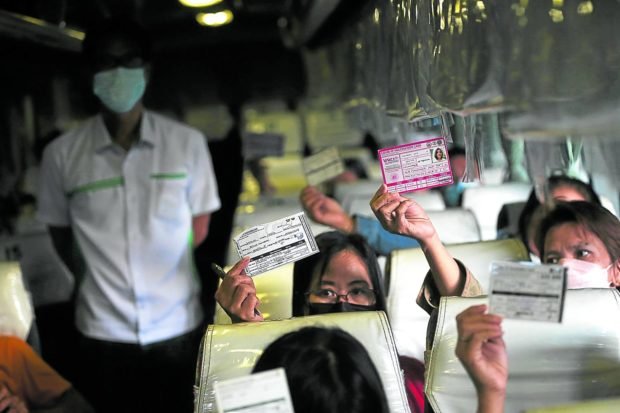
The service crew sector is already often underpaid and overworked, and now they are risking their safety by being exposed daily. Often we praise them as “essential frontliners”, yet they are already bogged down by disruptions of public transportation and checkpoints, coerced into taking a medical experiment, and now forced to turn away revenue while also breaking the law. This is emotionally taxing, as expressed by my own employees, and takes a toll on their mental health. From any business perspective – Sales, HR, Operations – these vaccine mandates are a layered nightmare.
As an F&B owner faced with the complex implications of these mandates, this negatively impacts my business and my ability to conduct its operations. If this is the solution we choose, then the sacrifice would be our profits – and potentially our health and our democracy. Our economy is already handicapped, and businesses will soon have overblown costs, liabilities, and unpaid taxes. Many more SMEs will close down, many more Filipinos will lose their livelihoods, and soon the private sector will be unable to sustain their part in the eco-system of a free market in a civil society – all because of a dangerous myth that mandatory mass vaccination is the only way out of this pandemic. Clearly it is not; there must be a safer, pragmatic, legal, and less damaging way to carry on with business as usual.
